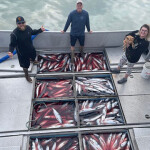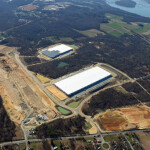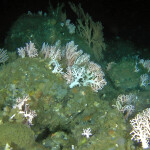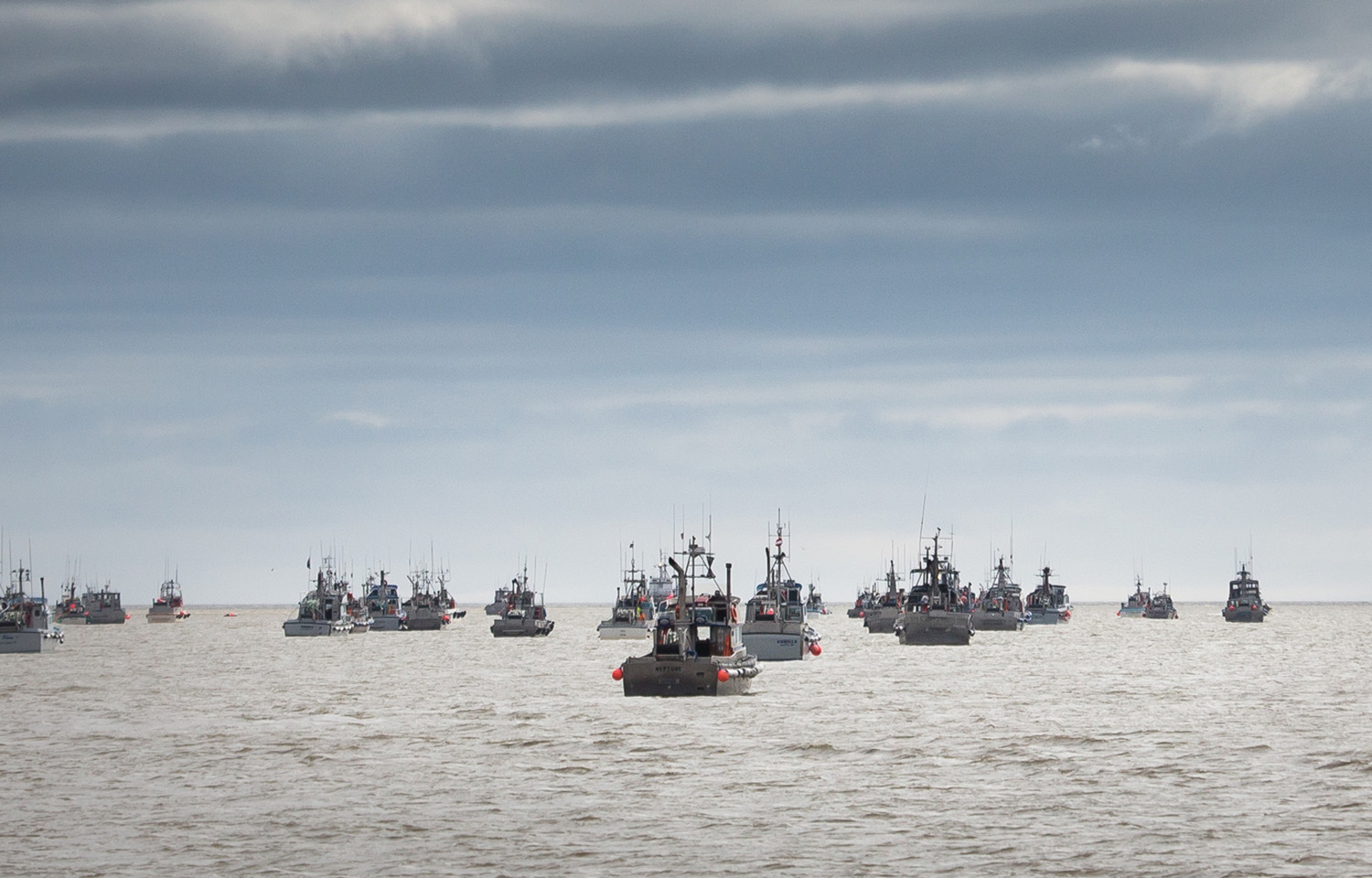Sockeye salmon fishing in Alaska’s Bristol Bay is, as predicted, off to a slower start this fishing season.
The Alaska Department of Fish and Game (ADF&G) 2024 Bristol Bay sockeye salmon forecast predicted a run of roughly 39 million sockeye salmon, down from the 54.5 million in 2023. AFD&G’s predicted run for 2023 was 49.7 million sockeye, and the state agency acknowledged that its preseason forecasts have generally under-forecast the actual run by 15 percent.
So far, catch numbers are lining up with ADF&G's 2024 prediction.
According to the 10 July Bristol Bay Fisheries Report, broadcast on public radio, the bay-wide catch for the day was 1.15 million fish, which brought the total catch to 17.5 million fish for the season so far. That pace is behind the total catch on 10 July 2023, which was 21.5 million fish.
The pre-season base price for sockeye salmon is reportedly USD 0.80 (EUR 0.73) per pound, up slightly from the USD 0.50 (EUR 0.45) base price in 2023.
The slower pace to the catch and slightly higher price comes as Bristol Bay’s salmon industry is facing a challenging financial environment. In 2023, the announcement of the USD 0.50 base price had fishermen protesting and some boats vowing to completely quit fishing altogether.
Trident Seafoods, in a message it sent to fishermen on 16 July 2023, said the extent to which wholesale prices fell was “difficult to fathom.”
Following the difficult season, Trident announced it was selling multiple processing plants and laying off employees. It also announced a delay in its planned Unalaska processing center, citing the “market collapse” in the overall seafood market, which it said was difficult for the company and the Alaska seafood industry in general to absorb.
Then, in January 2024, another major Alaska salmon processor, Peter Pan Seafoods, closed its King Cove plant after it had to deal with liens from partners and financial issues. Its woes continued into April when Wells Fargo Bank – its single biggest lender – filed a legal request for the company to be moved into receivership. Since then, Peter Pan Seafood Co-Owner Rodger May and Silver Bay Seafoods entered a bidding war over Peter Pan’s assets.
Bad news continued when Northline Seafoods, a company planning a new floating processor, had an electrical fire just as the sockeye salmon season was picking up. The Sitka, Alaska, U.S.A.-based company plans to revolutionize the Alaska salmon processing center with its plan to deep-freeze whole salmon on site in Bristol Bay and haul the fish to a base of operations in Bellingham, Washington, U.S.A., after the season was over.
Despite the challenges, members of the Alaskan salmon industry said they are ...








